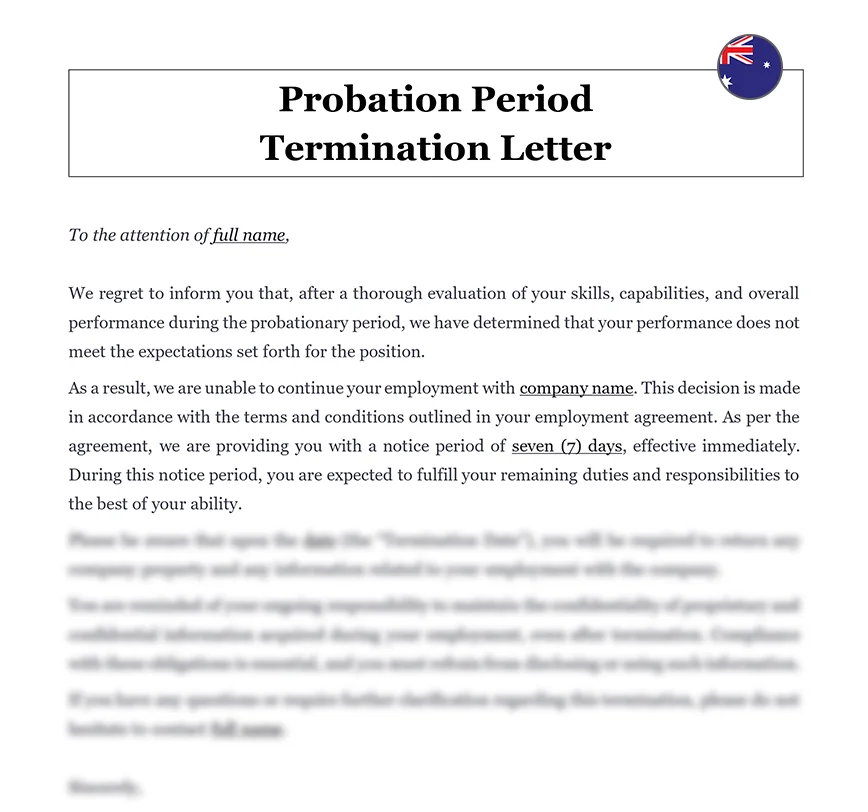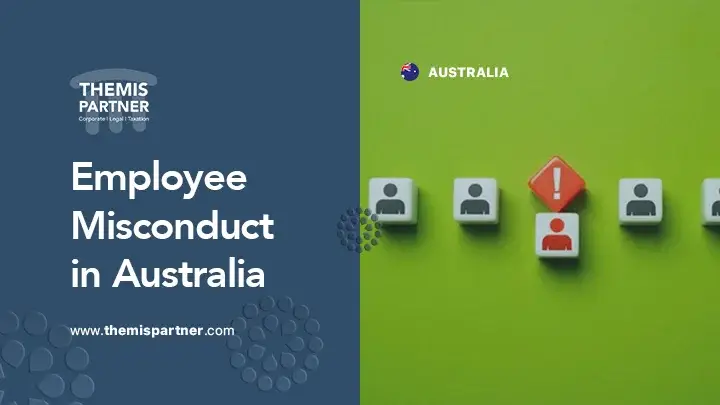The Importance of a Probation Period
The probation period is a vital phase in the employment lifecycle. It allows employers to assess whether a new hire is a good fit for the role and the company culture. During this period, both the employer and employee have the opportunity to evaluate the working relationship. However, terminating an employee during the probation period requires careful attention to legal obligations and proper documentation, such as an Employee Probation Period Termination letter, to ensure compliance and avoid potential disputes.
Understanding the Probationary Period
The probationary period typically lasts between three to six months, depending on the company’s policies and the nature of the job. This period is designed to give employers the flexibility to assess the employee’s performance, skills, and overall suitability for the role. Unlike permanent employees, probationary employees may have different entitlements and protections, but they are still covered by basic employment laws. This initial period is as crucial as the later stages of employment, where an Employment Performance Evaluation might be used to gauge ongoing performance.
Legal Rights of Probationary Employees
Even during the probationary period, employees have certain legal rights. These include:
1. Protection from unfair dismissal under certain conditions
2. Entitlement to notice of termination or payment in lieu of notice
3. Rights to receive feedback on their performance
Employers must ensure that any termination during this period is handled in accordance with employment law to avoid claims of unfair dismissal or discrimination. Proper documentation, including an Employee Probation Period Termination letter, is essential to provide a clear and legal record of the termination.
Reasons for Termination During Probation
Employers may consider terminating a probationary employee for various reasons, including:
1. Poor performance or inability to meet job expectations
2. Incompatibility with the company culture
3. Misconduct or breach of company policies
4. Lack of necessary skills or qualifications
It’s important to document these reasons clearly, as they may be needed to justify the termination if challenged. This process is similar to handling employee misconduct, where a detailed Employee Warning Letter might be issued before any termination
Providing Feedback and Warnings
Before deciding to terminate a probationary employee, it is advisable to provide them with constructive feedback and, if necessary, a formal warning. This approach gives the employee an opportunity to improve their performance or correct their behavior. A formal warning should outline the specific areas of concern and the steps the employee needs to take to meet expectations.
Notice Periods and Final Pay
When terminating a probationary employee, it is crucial for employers to adhere to the notice period specified in the employment contract or the relevant industrial award. Typically, the notice period for probationary employees is shorter than for permanent employees, but it must be clearly stated in the employee probation period termination letter. Ensuring this detail is explicitly communicated helps avoid any potential misunderstandings or disputes.
Furthermore, the employee is entitled to receive their final pay, which includes any accrued leave or other entitlements, within the legally required timeframe. Timely and accurate payment of these entitlements is essential for complying with legal obligations and maintaining a fair and respectful termination process.
Preparing the Termination Letter
The Employee Probation Period Termination letter is a critical document that should include the following:
| ➤ The reason for termination |
| ➤ The effective date of termination |
| ➤ Details of the notice period or payment in lieu of notice |
| ➤ Information on final pay and entitlements |
| ➤ Contact details for any further inquiries |











